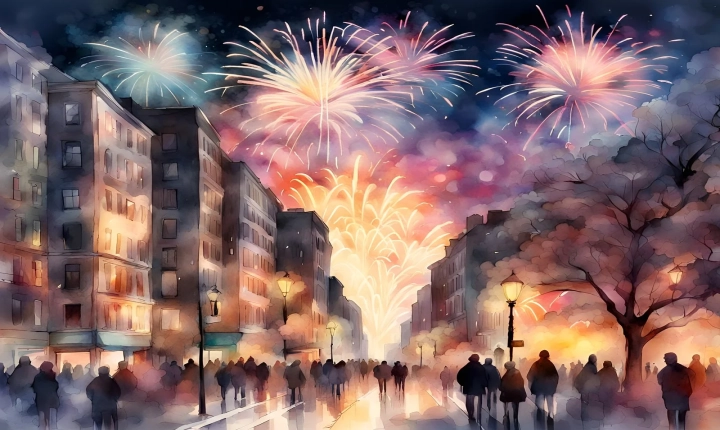Can AI Replace Creative Jobs?
Artificial Intelligence (AI) has made significant advancements in recent years, leading to the question of whether it can replace creative jobs. While AI has shown impressive capabilities in tasks such as data analysis, pattern recognition, and even language generation, the question of its impact on creative fields remains complex and multifaceted.
One of the key arguments in favor of AI replacing creative jobs is its ability to generate content that resembles that of humans. AI has been utilized to create music, visual art, and even literature, demonstrating a proficiency that challenges traditional notions of creativity. Furthermore, AI’s efficiency in analyzing massive datasets and identifying patterns can lead to valuable insights and inspirations in creative processes. This has led to the rise of AI-powered tools that are capable of producing content with a level of sophistication that was once thought to be exclusively human.
However, many creative professionals argue that AI cannot truly replicate human creativity. Creativity involves not only the generation of content but also the emotional depth, cultural understanding, and nuanced insights that come from the human experience. Art, music, design, and literature are all deeply rooted in human emotions, experiences, and perspectives, and it is argued that AI lacks the capacity to deeply understand and express these elements in the same way as human creators.
Moreover, the fear of AI replacing creative jobs extends beyond the mere act of content creation. Many artists, writers, designers, and musicians rely on their unique voice, style, and personal experiences to connect with their audience. The authenticity and relatability of creative works often stem from the individuality of the creator, something that AI cannot replicate.
On the other hand, the rise of AI in creative fields has the potential to enhance rather than replace human creativity. AI-powered tools can provide creators with new ways to explore ideas, experiment with different styles, and automate routine tasks. This can free up more time for artists, writers, and designers to focus on more profound and meaningful aspects of their work, fostering innovation and pushing the boundaries of creativity.
Ultimately, the impact of AI on creative jobs is a matter of perspective. While AI has the capacity to automate certain aspects of creative work, it is unlikely to fully replace the human touch in creative fields. Instead, the integration of AI can potentially complement and enhance the creative process, providing new opportunities for expression and innovation.
In conclusion, while AI has demonstrated remarkable abilities in generating creative content, the essence of human creativity goes beyond mere production. The emotional depth, cultural insight, and personal experiences that inform creative work are aspects unique to human creators. Therefore, it is unlikely that AI will fully replace creative jobs, but rather, it has the potential to augment and evolve the creative landscape. The future of AI in creative fields may lie in a symbiotic relationship, where human and machine collaboration leads to new forms of artistic expression and innovation.
